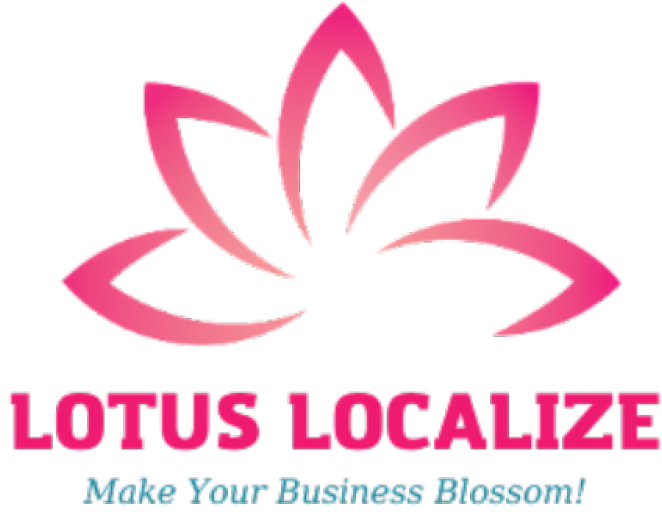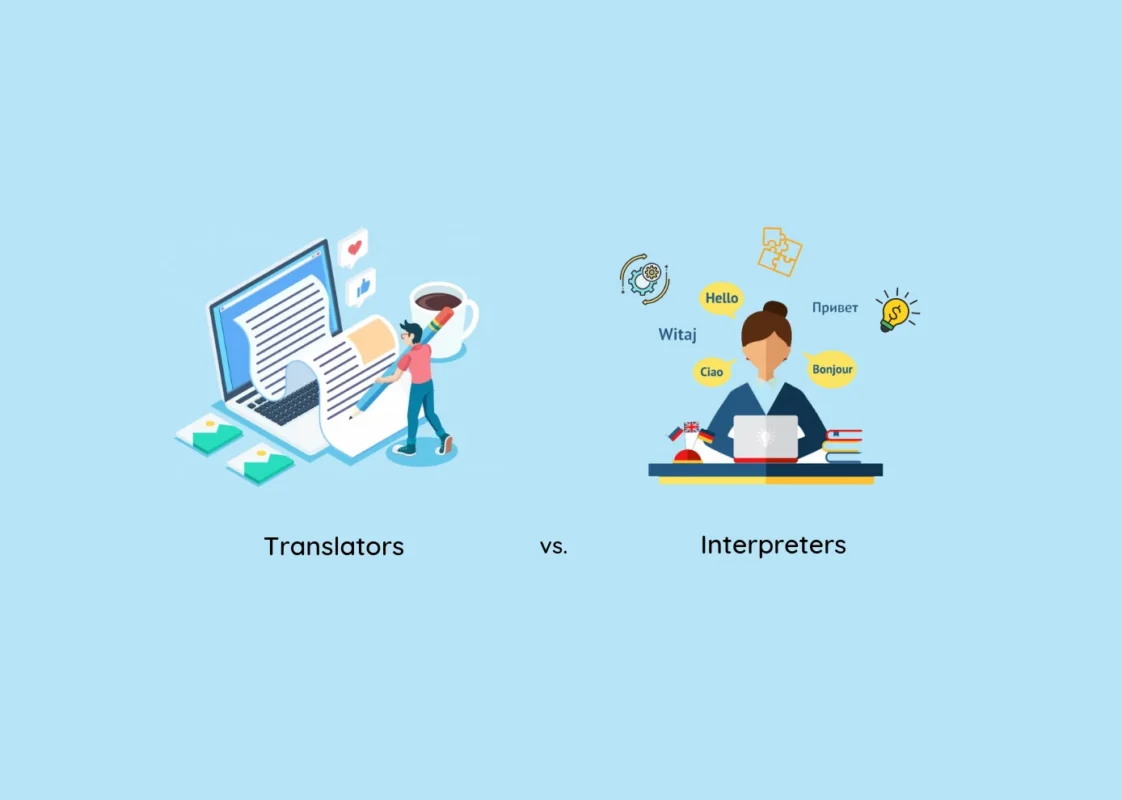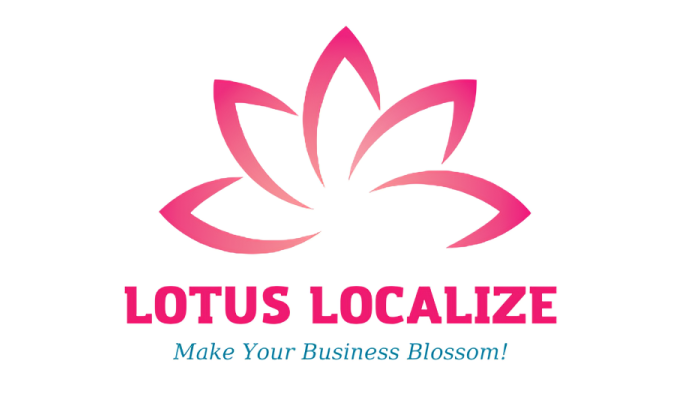
Oil and gas translation services – Bridging communication in a high-stakes industry
In the high-stakes, highly regulated world of oil and gas, precision is not just a preference — it is a necessity. Whether it’s a drilling manual, HSE protocol, or a multi-million-dollar EPC contract, clear communication across languages can make the difference between operational success and costly failure. That’s where oil and gas translation services come in — a specialized form of technical translation that requires not only linguistic expertise but also deep industry knowledge.
In this article, we explore what makes oil and gas translation unique, the types of documents involved, the risks of poor translation, and how to choose a trusted provider for your multilingual communication needs.
Common document types in oil and gas translation
Professional oil and gas translation services cover a wide range of documents, each serving a different phase of the energy value chain — from exploration to downstream distribution. Below are the most frequently translated document types:
- Technical documents: Drilling and completion reports, engineering specifications and blueprints, equipment manuals and operating procedures, process flow diagrams (PFDs) and piping and instrumentation diagrams (P&IDs)
- Legal and contractual documents: EPC contracts, joint venture agreements, environmental compliance reports, bidding documents and procurement tenders.

- Health, safety, and environment (HSE) materials: Safety data sheets (SDS/MSDS), emergency response plans, hazard analyses and risk assessments, training materials for site personnel.
- Corporate and communication content: Investor reports and presentations, internal policies and handbooks, employee onboarding materials, multilingual websites and press releases.
Read more: How petroleum engineering translation enhances safety and compliance in the oil industry
Oil and gas translation errors that cost millions
Translating for the oil and gas sector isn’t just a technical task — it’s a high-stakes responsibility that directly impacts safety, compliance, finances, and reputation.
Safety and operational accuracy
A single mistranslated instruction in an equipment manual or safety protocol can lead to accidents, environmental damage, or system shutdowns. Field personnel rely on translated materials to perform tasks in hazardous environments — there is no margin for error.
Legal and contractual clarity
Oil and gas projects involve complex legal frameworks, joint ventures, and multi-party agreements. Inaccurate translation of clauses, liabilities, or technical specifications can cause disputes, delays, or regulatory violations — especially in cross-border contracts.

Financial and project impact
Misunderstandings caused by incorrect translations can delay deliveries, disrupt procurement, or require costly rework. In large-scale operations where downtime means millions lost per day, the cost of poor translation is exponential.
Regulatory compliance
Governments and regulatory bodies require documentation — from environmental impact assessments to HSE protocols — in the local language. Poor translation could result in permit denials, failed audits, or penalties.
Reputation and stakeholder trust
Inaccurate or culturally insensitive communication erodes trust with partners, investors, and regulators. Clear, professional multilingual content demonstrates attention to detail and global readiness.
What makes a qualified oil and gas translator?
Not every translator is equipped to handle oil and gas content. Below are the qualifications you should look for when hiring a translator or agency:
- Background in petroleum engineering or geoscience: Many professional translators in this field have dual expertise — a language degree and hands-on experience in the energy sector.
- Familiarity with industry software and tools: Knowledge of platforms like AutoCAD, SDL Trados, memoQ, or translation memory systems ensures accuracy and consistency.

- Multilingual QA process: Professional agencies apply multi-step quality control — translation, editing, proofreading, and technical review by a subject-matter expert.
- Cultural fluency: Translators must understand local business etiquette, safety culture, and regulatory language to ensure your documents are fully compliant.
Read more: Why a construction translation service is essential for international building success
How to choose a reliable oil and gas translation provider
With so much at stake, your translation partner must offer more than just word-for-word conversion. Here’s what to look for:
- Industry-specific expertise: Has the provider worked with oil companies, engineering firms, or EPC contractors before? Can they provide references or case studies?
- ISO certification: Look for agencies that follow international standards like ISO 17100 (translation quality) or ISO 9001 (quality management systems).

- Technical review and terminology management: Do they maintain customized glossaries and translation memories? How do they ensure consistency across multiple languages and projects?
- Fast turnaround without compromising quality: In the oil and gas sector, time is often critical. A good provider will offer expedited workflows without sacrificing accuracy.
- Data security and NDA policies: Make sure the provider uses secure file transfer systems and signs non-disclosure agreements to protect proprietary information.
These advantages make a specialized oil and gas translation agency not just a service provider, but a strategic partner — helping you reduce risk, improve efficiency, and communicate with clarity across global operations.
Why choose a specialized oil and gas translation provider
Partnering with a specialized oil and gas translation agency offers several advantages:
- Reduced risk and liability through accurate, regulation-compliant translations
- Shorter project timelines thanks to efficient workflows and scalable teams

- Consistent terminology and tone, especially across multilingual documents
- Greater ROI, as accurate communication reduces costly errors and delays
In a high-stakes industry like oil and gas, the right translation partner can be the difference between smooth execution and costly setbacks.
Future trends in oil and gas translation
As the energy sector evolves, so do the demands for translation. Some key trends to watch include:
- Expansion into renewable energy terminology: Agencies are beginning to handle content related to hydrogen, carbon capture, and offshore wind.
- Increased demand for real-time interpretation: Live interpretation services for multinational meetings and fieldwork briefings are on the rise.

- AI-assisted translation with human QA: Machine translation can speed up the process, but human oversight remains essential for technical accuracy.
- Localization of eLearning and VR-based safety training: New training technologies require precise multilingual adaptation to ensure safety and comprehension.
In a sector where every detail matters, cutting corners in communication is not an option. Investing in professional oil and gas translation services ensures that your documents are not just translated, but understood and trusted — by regulators, workers, partners, and investors alike.
Whether you’re expanding to new markets, managing multi-national joint ventures, or coordinating field operations, accurate translation is a business-critical function that deserves expert attention.
If you have any questions or need assistance with document translation services for many industries: life sciences translation, education translation, technology translation, financial translation, marketing translation, manufacturing translation, government translation,… and interpretation services: escort interpreting, simultaneous interpretation, remote interpretation, and localization services: software localization, game localization, app localization,… please contact Lotus Localize immediately at +84 866 224 968 or visit the website: lotus-localize.com for advice on the best solutions!
QUALITY PROMISE
Lotus Localize offers consistent, high-quality service delivery in all customer engagements. Our in-house translators and staff adhere to well-established business processes, allowing us to communicate properly, deliver on time, and surpass client expectations.












